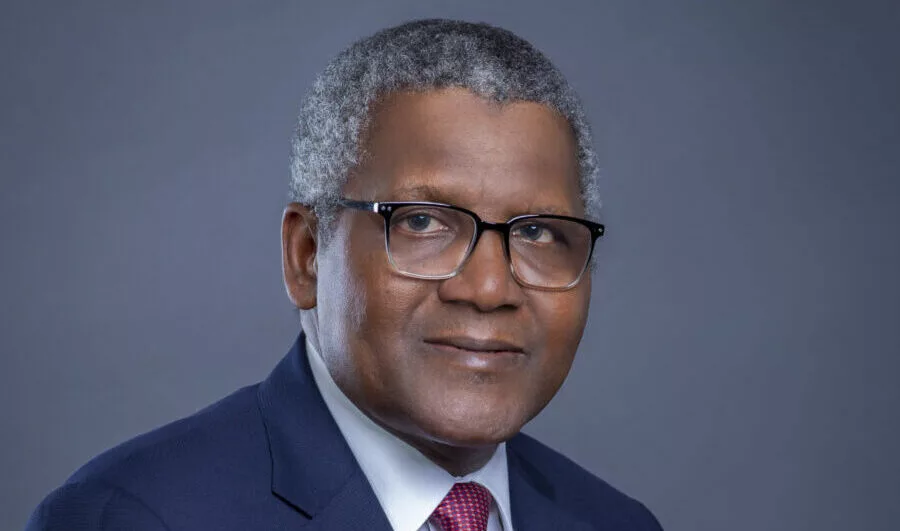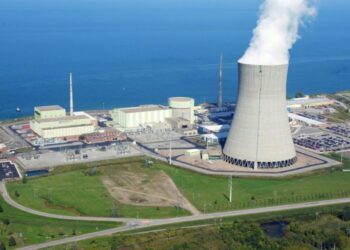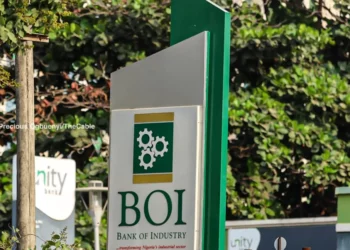In a significant announcement at the Africa CEO Forum Annual Summit in Kigali, Aliko Dangote, Chairman of Dangote Group, revealed that Nigeria will cease petrol imports within the next four to five weeks. This development follows the operational plans of the Dangote Refinery, set to make the country self-sufficient in gasoline production starting next month.
“Right now, Nigeria has no cause to import anything apart from gasoline, and by sometime in June, within the next four or five weeks, Nigeria shouldn’t import anything like gasoline; not one drop of litre,” stated Dangote.
The refinery, which commenced operations in February, is poised to meet not only Nigeria’s petrol and diesel needs but also those of West Africa and the continent’s aviation fuel demand. “We have enough gasoline to give to at least the entire West Africa, diesel to give to West Africa and Central Africa. We have enough aviation fuel to give to the entire continent and also export some to Brazil and Mexico,” he added.
Dangote also highlighted the refinery’s broader impact on Africa’s energy landscape. “Today, our polypropylene and our polyethylene will meet the entire demand of Africa today. We are doing base oil, which is like engine oil, and linear benzyl, a raw material to produce detergent. We have 1.4 billion people in population, and nobody is producing that in Africa,” he said, emphasizing the refinery’s role in making Africa self-sufficient in essential raw materials and finished products.
Discussing future plans, Dangote asserted that the continent would soon achieve self-sufficiency in fertilizer production as well. “Give us three or a maximum of four years and Africa will not, I repeat, not import any more fertilizer from anywhere. We will make Africa self-sufficient in both potash, phosphate, and urea. We are at three million tonnes and in the next twenty months, we will be at six million tonnes of urea, which is the entire capacity of Egypt,” he stated.
Reflecting on the achievements since the refinery’s commissioning, Dangote outlined its substantial capacity and future expansion plans. “We had this dream just about five years ago to move from five billion dollars in revenue to thirty billion dollars, and we made it happen. Our refinery is quite big, with a capacity of 650,000 barrels per day, producing jet fuel, diesel, and soon gasoline. We will supply not only Nigeria but also West Africa, Central Africa, and South Africa,” he explained.
Despite these successes, Dangote acknowledged the challenges faced in establishing the refinery, particularly resistance from those benefiting from the status quo. “There was pushback because there are people used to making money trading without a refinery. Failure was not an option for us, even though many people did not believe we would succeed,” he said.
He also highlighted the impact of policy inconsistency on African entrepreneurs and called for better support from leaders to facilitate trading. “The major burden on us was that there is no room for failure because we were the EPC contractors, and ninety percent of people never believed that we were going to deliver, but we have been able to deliver now,” Dangote concluded.





